With the beautiful sunny and warm seasons come not only pleasure and joy for the awakening trees, flowers, birds and nature as a whole, but also seasonal allergies. Whether you’re allergic to pollen, dust or food, the warm seasons may reinforce your allergies.
[the_ad_placement id=”in-text-1-type-r”]This can bring discomfort, sneezes, coughing, itchy eyes and nostrils to even more serious symptoms like asthma and trouble breathing. While you absolutely must consult your doctor about your allergies, there are also some remedies you can try at home to at least alleviate your symptoms, without the side effects of anti-histamines and/or other medications.
In this article we will share with you these remedies, which you can try at home. You are of course highly advised to consult your general practitioner before you do anything.
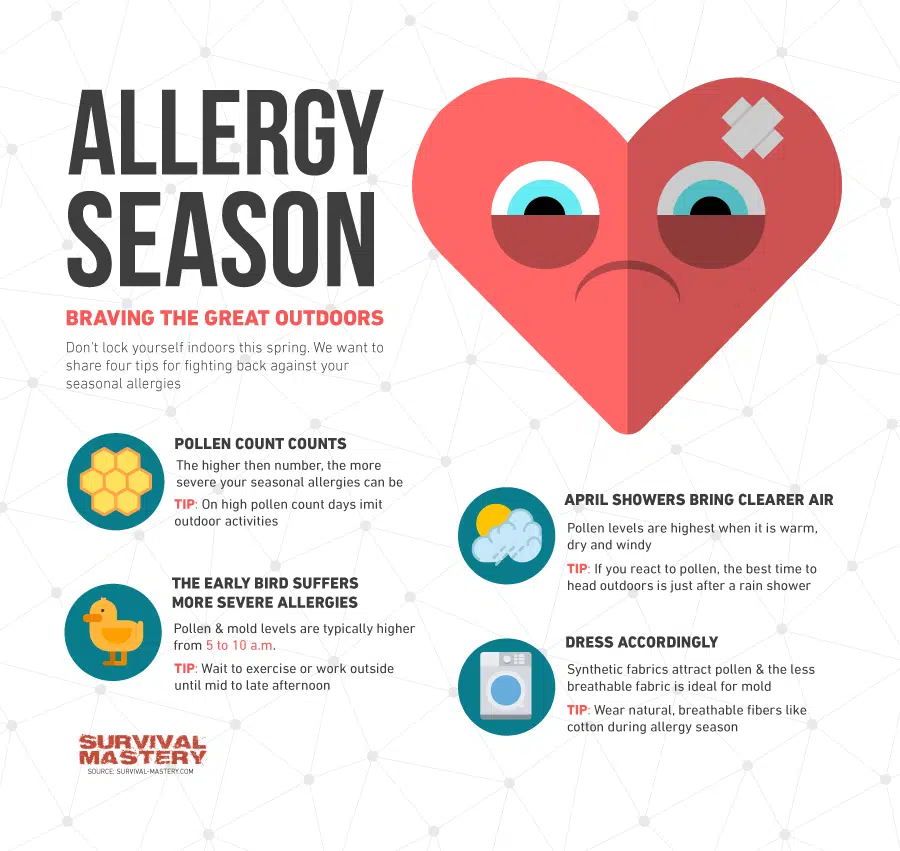
There may be cases when your medications may be canceled out or cause problems while taken along with other alternative medicine, herbs or homeopathic remedies.
Natural home remedies for seasonal allergies
There are some very simple remedies you can prepare at home, which take very little time to make and yet can have a nice alleviating effect on your symptoms. Here are some of the remedies we have collected.
Saline solution
Saline solution means to dilute salt in water. You can drop a few drops in your nostrils to help you breathe better. Saline solutions also remove any type of irritants, blocking the airway passage and even leading to inflammation inside your nostrils. Such saline solutions are sold in drug stores or any alternative medications stores, or you can simply prepare one at home. Just mix a bit of salt with distilled water (not tap water or mineral water). Add also a bit of baking soda (it has alkalizing and anti-inflammatory effect).

Yet it is highly advisable that you consult your doctor if this procedure is recommended for you, especially if you have asthma.
Neti pots
This may sound a bit exotic to you, but Neti pots are becoming quite popular these days. These are small pots and look like tea pots. To use them, prepare a saline solution, as we already explained above, and tilt your head slightly to one side, sipping the solution through that nostril until the water leaks through the other nostril, thus purifying and refreshing your mucous membranes. Be aware though that you must no use tap water. Either boil it or distill the water, otherwise you risk contaminating your body with dangerous microorganisms.
Warm shower
Although it may seem like a no brainer, it actually is a potent way to remove any allergens that may have accumulated on your hair and skin throughout the day. It’s highly recommended that you wash your hair every time you spend several hours outside. This is true also for dust particles. Some people tend to become more sensitive to dust during the spring season and any dust on your hair or even pillow can be a huge irritant. So, have a warm shower or wash your eyes with cool water (it will help with the itching).
You may also want to change your pillowcase regularly if you want to sleep better during the night. Even if it’s not a super effective way to keep allergies at bay, you don’t need your doctor’s approval and there are virtually no side effects from having a shower.
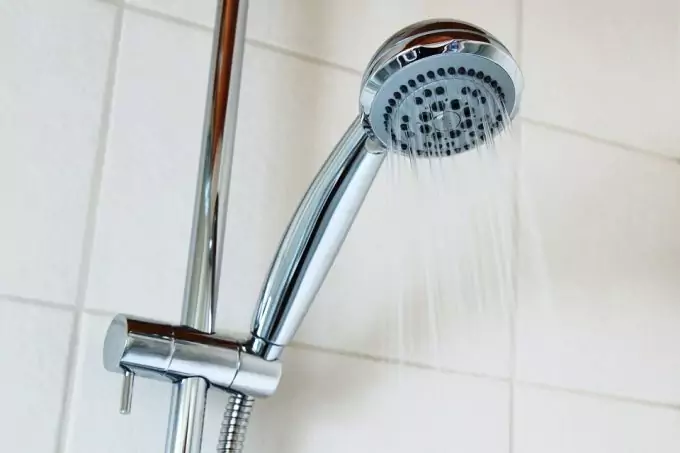
Apart from the warm shower you can also add breathing chamomile/green tea steam from a hot pot. You can boil some water, sprinkle chamomile flowers (or simply a teabag or two) and cover your head above the steaming pot with the tea. Since chamomile has anti-inflammatory and antibiotic effect on your mucous membranes it will virtually ease your suffering during the procedure. It’s cleansing your nostrils inside and removes any irritating particulates the have attached themselves onto the mucous membranes.
On the other hand, if you have allergic reaction from chamomile, you may be discouraged from using it. You can instead make a peppermint tea and use the steam for that procedure. Green tea is also helpful in that regard. You can also drink green tea, as it is known to slightly alleviate the allergy symptoms.
[the_ad_placement id=”in-text-2-type-r”]You can also add some eucalyptus (or peppermint) essential oil to your steam inhalation pot. Eucalyptus is known for centuries to alleviate any inflammatory responses. It reduces the inflammation and has antibacterial effect. It also helps opening up the mucous membrane passages, thus releasing any plaques and particulates attached to your nasal cavity. You can also dips several drops of eucalyptus or mint oil in your bath tub for a more soothing effect of the bath itself.
On the topic of steam, you can also spend some time in a sauna or steamy room. This removes mucus, just like in the option with the chamomile tea, helps your nasal passage moisturize and eventually eases your breathing.
Peppermint tea
Peppermint tea has been used for centuries not only for alleviating allergy symptoms, but for a huge array of other health-related issues. It helps unclogging your nose and alleviates your irritated nostril mucous membranes (which are very tender and sensitive to all types of irritants). The essential oil found in peppermint can also act as an anti-inflammatory and even has a mild antibacterial effect.
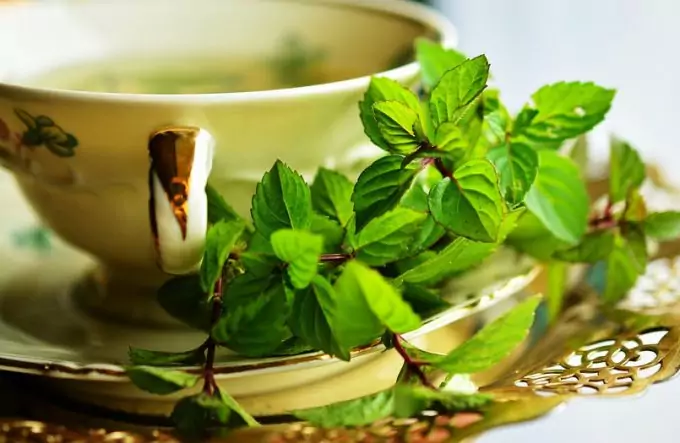
Peppermint also has the so-called luteolin-7-O-rutinoside, which is a flavonoid, causing the body to produce and secrete enzymes, very similar to the anti-histamines we need to reduce the effects of allergies. Although these enzymes are mild in comparison to the anti-histamine medications you could take, it never hurts to enjoy a peppermint tea without the side effects.
Nettle
Nettle can be taken both like a fresh herb, just plucked from a nearby park or forest area, and in a tea form. Nettle acts like an anti-histamine and reduces the body’s production of histamines. Whichever form you take it in, it can’t harm you. Nettle also contains loads of other helpful nutrients like iron. Add several drops of lemon for the iron to get absorbed properly, and you’re building a strong immune system and balancing the immune system’s response to irritants.
Local honey
There are theories and speculation that the use of local honey can adapt your organism and immune system to fight the allergies and pollen more efficiently. The immune system builds up a strong defense mechanism against pollen and even dust particulates. This is the reason why local honey may be more effective for you where you live, rather than any bee product. Here’s a useful article on the benefits of honey for your health, check it out.
Bee pollen may also be somewhat helpful, or at least in theory. Some scientific studies have been done, but there is still little to back up that theory. You can try that on yourself, introducing little amounts at first and right down notes on how you feel and whether there is any change. Don’t forget to consult your GP.
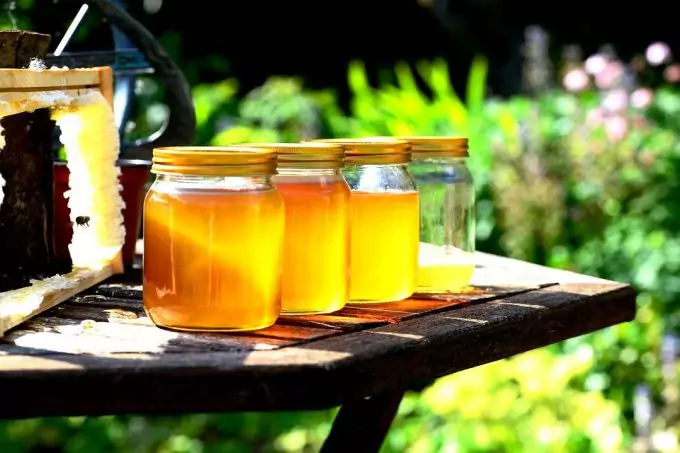
The same reason stays behind taking bee pollen. These small yellow balls of pollen, which attaches to the bees’ legs, can also have the same effect like the local honey – it helps the immune system to build the right response to the pollen. Begin with small dosages and increase when you begin feeling the positive effects.
We know that when children expose themselves often to dust and dirt their immune system gets stronger and is later easier to fight offenders and intruders. So, if you take bee pollen before the allergy season you’re gradually preparing your organism and immune system to the coming season, so it won’t go through a shock and causing allergy symptoms.
The only thing you need to take into account before you begin this treatment is to make sure you’re not anaphylactic, or allergic to bee products and bees. As with honey, you need to find local pollen or it may not work. You must build your immune tolerance against the local pollen in your area. Also, make sure that the pollen isn’t coming from plant treated with insecticides or pesticides, or they may inhibit stronger allergic reactions and symptoms. Are you interested in beekeeping? See our article on how to raise honeybees for more information.
Probiotics
This theory is also not so strongly backed up like the above mentioned remedies, although there is some proof that this may be true. As we know, when the immune system is imbalanced, it will react much stronger to stimuli coming from outside.
The body reacts as if everything getting into the body is some sort of offensive body/organism and the immune system must fight back. This action creates all the symptoms you exhibit when you have allergies – sneezing, coughing, swollen mucous membranes and eyes, itchy eyes and nasal cavity, sore throat and difficulties breathing. This means the body fights the aggressor. To balance the immune system, you can help it by giving your gut bacteria a boost.
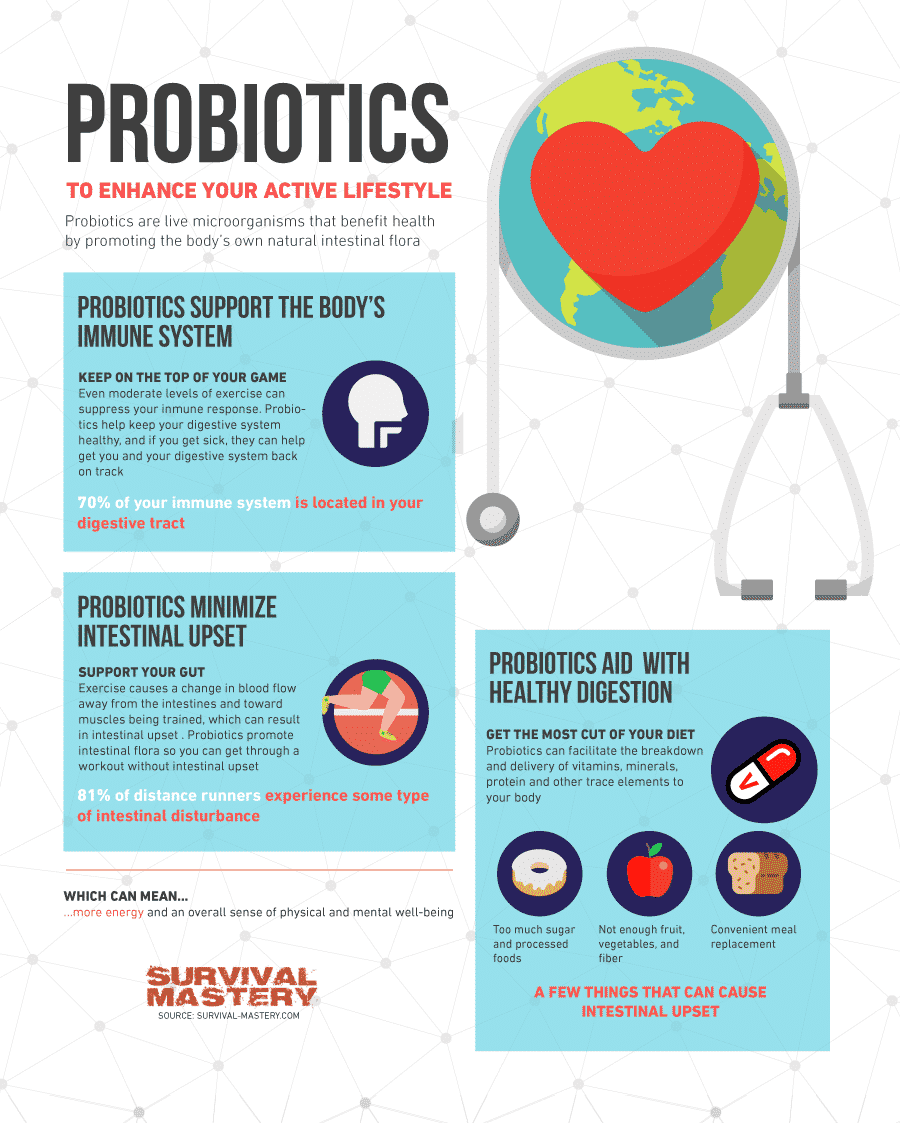
By adding more probiotic foods to your menu, like yogurt, kefir, Kombucha tea, fermented foods and probiotic capsules, you can certainly do yourself some good. It has been studied that the predisposition for a child to develop allergies later in life depends on the mother during the pregnancy. If her gut bacteria were healthy, then there is little chance that the child will have allergies. There are also some links between regular probiotic intakes with reduced allergies symptoms.
While probiotics can’t do any harm to you, it’s always a good idea to consult your GP before taking that step. There is virtually no incident of negative effects from taking probiotics, but you can never be too careful.
Quercetin/Citrus fruits
This is a bio-flavonoid compound found in many vegetables, fruits and herbs. In particular you can find it in green tea, apples, onions, wine, etc. It fights inflammation and helps alleviate asthma symptoms, including it suppresses the production of histamines. It has antioxidant properties, which again contribute to its anti-inflammatory effect. Some people prefer to take it not when they have the first allergic symptoms, but much earlier – up to 1 month before the spring season. We have written about some natural home remedies for asthma, check it out to learn more.
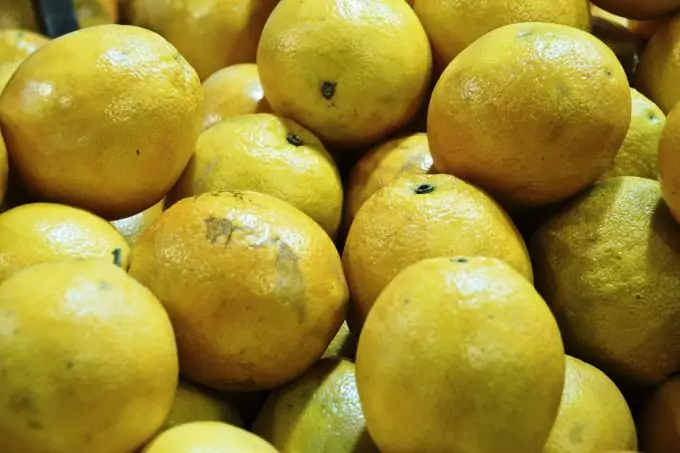
For some patients it may be better not to rely on this home remedy, especially if they have liver issues, use contraceptives, hormones or are pregnant or lactating women.
Also, since quercetin naturally found in vegetables and fruits is in small amounts you may not be able to take full advantage of it by just eating plant foods. It’s better to find supplements with quercetin if you want to try it with some effect.
Finally, quercetin is found in plentiful amounts in onions. Onions, on the other hand, also reduce any inflammation going on in the body. It helps opening up the airway passages, helping you breathe easily (just like spicy food, read below).
Apple Cider Vinegar
Apple cider vinegar is often used for a huge variety of illnesses and symptoms from allergies to cleansing, weight loss and many more. It has been used for many centuries for a medication with many positive effects (with minimal or no side effects) and it’s worth trying. It has been speculated that it helps cleanse any mucus attached to your sinuses or mucous membranes and thus opens up your airflow passages. It also helps the lymphatic system cleanse itself, which ensures much reduced allergies symptoms, and even prevent any unexpected allergy attacks.

You can mix the vinegar with ‘the mother’ in a glass of warm water. Use one tablespoon of vinegar, three times a day. If you can tolerate honey, you can add that too, to make the sour taste of vinegar more acceptable. Otherwise, add coconut sugar – it has low glycemic index, which means you won’t have the sudden blood sugar spike you have with regular white sugar or honey.
Spicy food
The reason why spicy food (e.g. wasabi) can help you with your allergies is that spicy food causes your tear ducts and sinuses to open and let mucus flow. This cleanses the mucus passages and removes any blockages that may have prevented you from breathing.
Also, it cleanses pollen or dust plaques on your nasal cavity, and again helps you breathe much easier later. The effect is similar to a hot shower or breathing in hot steam. So, if you don’t enjoy spicy food, then turn to the steam. Otherwise, enjoy a wasabi dollop, but be careful with the amount. Some spicy foods can literally burn you.
Vitamin C
Vitamin C is also an antioxidant and helps alleviate the allergenic reaction. You can also just make a nice citrus drink, which can be both refreshing and soothing because of the vitamin C boost. It strengthens the immune system and balances its response towards irritants.
Supplements
Some food supplements like Spirulina, goldenseal and eyebright, including butterbur can have great effect on your symptoms.
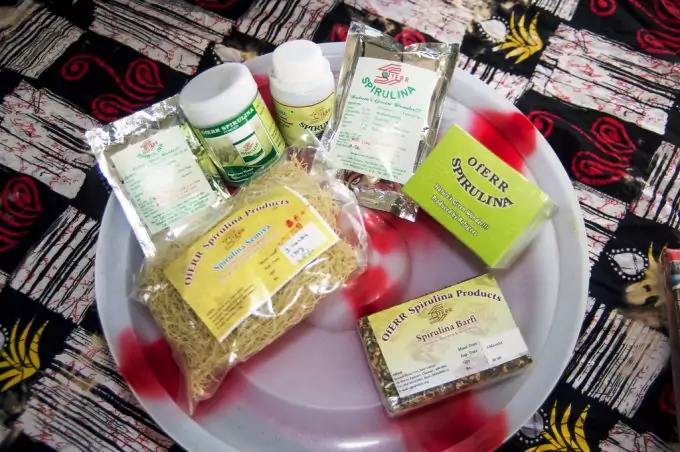
If you begin taking them a few weeks before the allergy season begins, you can definitely reduce the negative impact of pollen, dust, and other irritants in the air. Butterbur has been researched and shown that can be as potent as over-the-counter medications like fexofenadine for example, which is a known anti-histamine medication.
Other methods for alleviating allergy symptoms
Other than just eating special foods or drink special teas or drinks, you can do other things at home to help you survive the allergy season.
Bare floor
If you remove any type of carpets and keep the floor bare, you will have far less microorganisms and microscopic bugs attached to the fine threads of a carpet. Carpets tend to keep dust particles and also mold spores, which are known as strong allergenic irritants. If you remove the carpets, you can mop it regularly and there will be little dust/microorganisms causing you any problems.
[the_ad_placement id=”in-text-3-type-r”]If you can’t remove all carpets in your home, then you must spend enough time to keep them clean. When you clean the carpets use a vacuum cleaner that has a HEPA filter. These filters prevent from small particles and microorganism to get back into the air (as most vacuum cleaners do while you clean). Also, keep all rugs washed and clean all the time if you want to reduce your exposure to irritants.
Dehumidify
Humidity and moisture in the air promote growths in the dust mites populations. If you add any allergens and pollen to the picture you can end up having bad allergy attacks. To help reduce the moisture in the air, you can also turn on the air conditioner or cooking exhaust.
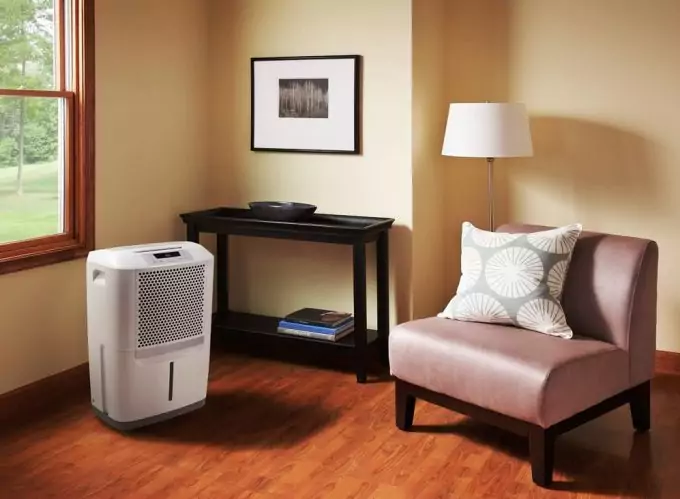
Image credit: purifythis.com
Of course, you need to be sure they are cleaned and don’t have any residual dust or other particles. Sometimes unclean fans can actually spread more dust, mold and pollen in the air inside, and cause more bad than good.
Wear a mask
That’s a nice preventive measure to block some pollen and air-borne allergens from getting into your airflow and nasal passage. While a surgical mask may not fully help you and block all possible particles, it significantly reduces the amount you breathe in and also makes sure you won’t suffer strong allergy attacks.
This measure is also advisable if you live in a large city/town where sometimes there is smog build-up. You’re also discouraged from going out in such hours (especially rush hours). Exhaust fumes can also inhibit allergic reactions and make your symptoms even worse.
As we already mentioned it is important to consult your GP regularly and let him/her record your symptoms and whether they get better or worse after taking some of the above remedies. You can also keep a journal for yourself. Usually season allergies can alleviate throughout the years, as your immune system builds its own strong defense systems. Until then, help it by consulting your general practitioner and try these remedies above.

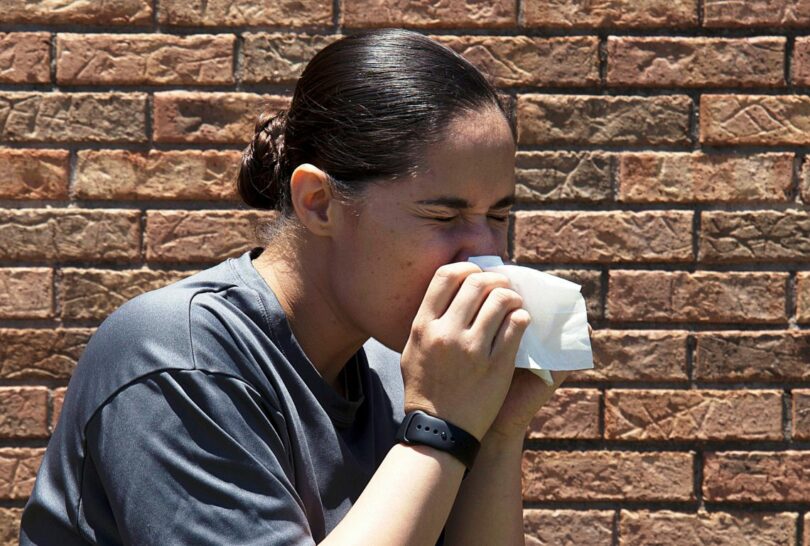

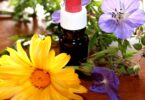


Additionally, changing out of garments that you’ve worn outside when you return home and washing or flushing your hair, keeping windows closed, and vacuuming as often as possible. As you’ve have noted, Saline solution is incredible as well.
Wayne,
Yes, pollen and other allergens can be a pain in the behind and knowing how you can shake them off is as good as any preventive measure out there.
Nora.
What helps me during my “itchy” days is drinking warm water with lemon and rock salt. It is not included in the article, but it works well on me. I want to try the saline solution, but I am quite concerned about its side effects (if there are any). What do you think?
Herbal teas are great in treating allergies and asthma. They are accessible in the market and are easy to prepare too.
One of them is ginger tea. Ginger is a natural antihistamine, so it relieves allergy problems in the sinus. It also has anti-inflammatory properties, which can provide relief to any aches accompanying a bout of allergies. But if you have a severe allergy, I would suggest you take antihistamine tablets.
i have heard of the medicinal properties of ginger root but I am still to use it. I saw some ginger root powder at a shop the other day, I think it would work the same.
The saline solution does not have any immediate adverse effect on the body although it might raise your sodium levels. I have also heard of some people gagging while taking saline solutions but I say it’s just mind over matter.
It’s true that Apple cider vinegar works wonders. For allergies and sinusitis, boil some some water alongside with honey and lemon add up the apple cider at least a tablespoon. and believe me you will feel better.